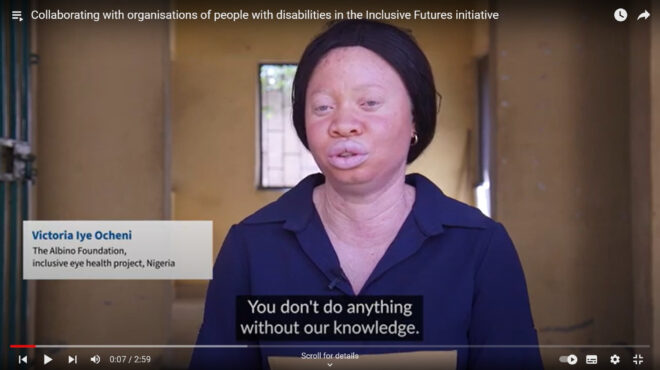Celebrating partnership: moving disability inclusion from the margins to the mainstream
Sightsavers’ Claire Walsh and the International Disability Alliance’s Amba Salelkar share their reflections on the progress achieved by the flagship UK aid-funded Disability Inclusive Development programme and the road ahead.
When the Disability Inclusive Development programme under the Inclusive Futures initiative was launched six years ago, the challenges seemed formidable. Yet, thanks to funding from UK aid, our consortium partners and organisations of people with disabilities (OPDs), our programme has helped to transform the lives of more than three million people with disabilities. We have also reached nearly 14 million people without disabilities and given them training and awareness about inclusion, so they can join us as allies in challenging stigma and building a more disability inclusive world for everyone.
Resources and learning delivered to your inbox
Sign up for our emails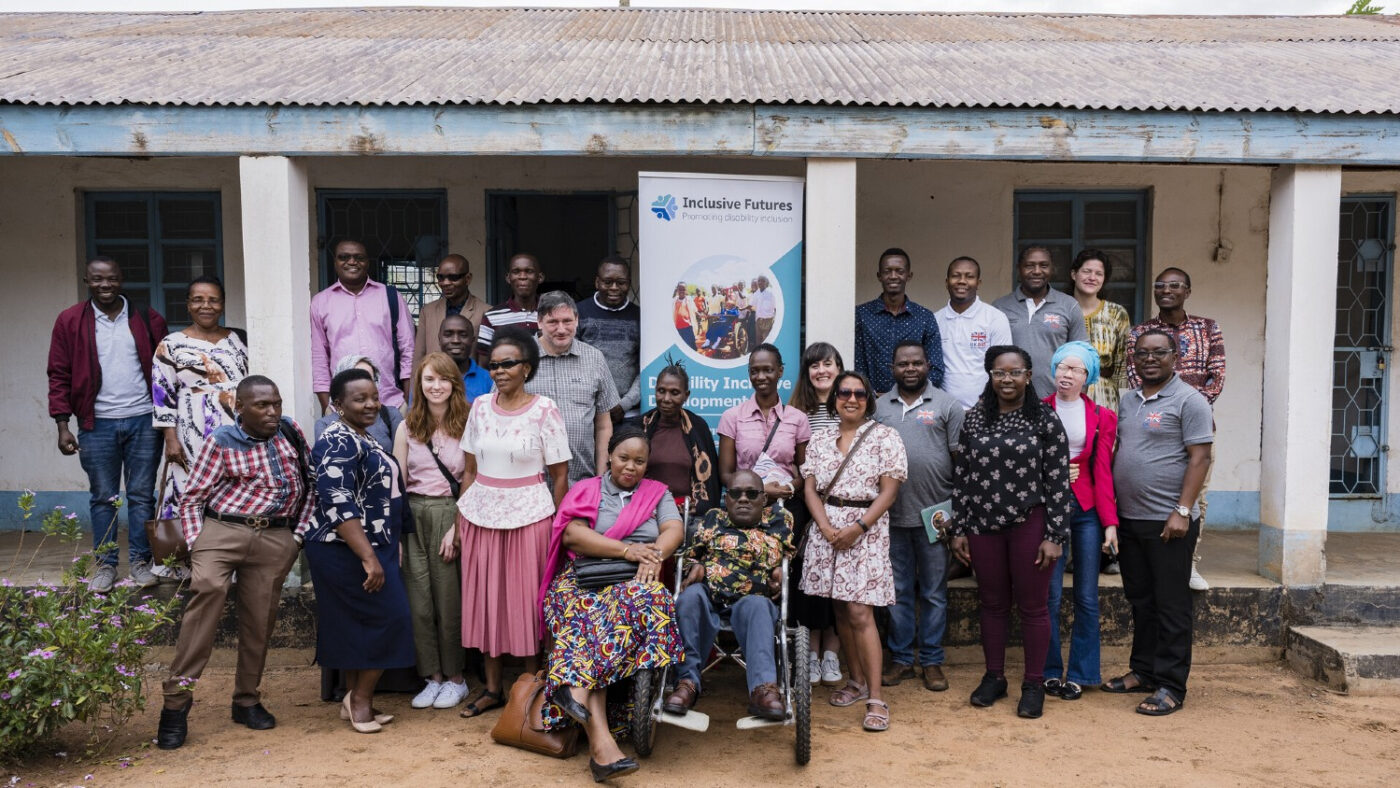
Breaking the myths around disability inclusion
At the heart of Inclusive Futures, led by Sightsavers and the International Disability Alliance, lies a simple yet powerful truth: disability inclusion is achievable. Today thanks to our Inclusive Futures partnership, there are more women with disabilities, who often face multiple and intersecting forms of marginalisation, stepping into leadership roles – where their voices and their calls for their needs to be prioritised are amplified. This is what inclusion looks like.
Despite these considerable successes, we know there is a lot more work to be done in the years ahead. Since we launched the programme in 2018, a range of professionals and organisations have told us that including people with disabilities and OPDs in development projects is complicated, expensive and unrealistic. Our programme has faced this challenge head on by evidencing practical learning and partnering with research institutes to address gaps in understanding about disability inclusion. We’re proud to have co-created learning products and webinars with our consortium partners on topics such as: OPD engagement, local government partnerships, livelihoods and women and girls.
Our research partners from the London School of Hygiene and Tropical Medicine, Institute of Development Studies and Sightsavers’ research team are doing cutting edge work in education, health, social protection and jobs. We have big ambitions that our research and learning will inform how the development sector can improve the lives of people with disabilities. We also know that we have incredible organisations and individuals working on Inclusive Futures who are helping to spearhead that change.
Nothing about us without us
The successes to date of the Inclusive Futures programme would not have been possible without the global disability movement. As our video (right) shows, collaboration with organisations of people with disabilities has not only guided our projects but OPDs have often taken the lead, ensuring that our initiatives are shaped by the very communities they serve. Their leadership and advocacy has been instrumental in our successes, and together, we’ve shown that disability inclusion isn’t just a possibility – it is both necessary and achievable.
Amplifying the voices of women with disabilities
An emerging wing of the disability movement are women from the Global South who are steadfast in their fight for rights and are rightly claiming leadership roles and raising their voices. Women and girls with disabilities face unique challenges, often encountering multiple layers of discrimination. That’s why we’ve made it a priority to partner with women in the disability movement. As part of this, at the Women Deliver conference last year, we launched a learning product focused on women and girls. The impactful voices of Lucy Mulombii and Esther Mkamori who represented our consortium at the conference brought global attention to our work, including coverage by the BBC World Service. Their leadership exemplifies the change we’re striving for – ensuring that more disability voices are heard and respected.
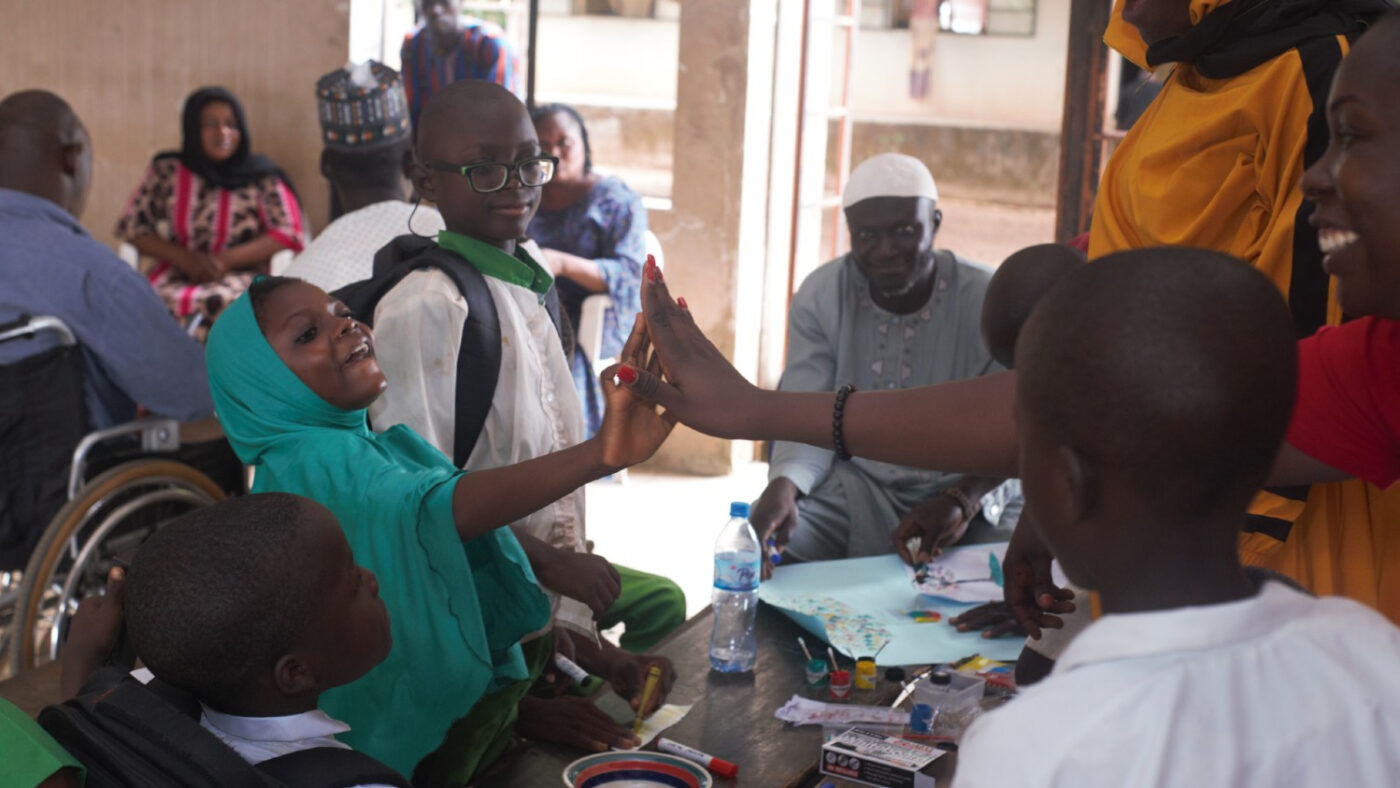
Reaching milestones
As we take this time to reflect on our collective achievements, we are immensely proud of our consortium and filled with great excitement for the road ahead. This year, we surpassed all our programme targets, a testament to the power of partnership and commitment to a shared vision. One example is in Kenya, where rights and evidence-based advocacy we’ve supported has led to policy shifts and increased funding, with local governments committing £1.8 million to develop more than 250 inclusive early childhood development centres by 2027. Our results in education speak for themselves, in our project schools in Kenya, school enrolment for children with disabilities has soared by 207%, and in Nigeria, by 114%. These numbers aren’t just statistics – they represent a brighter future for thousands of children who now have a greater opportunity to learn, grow, and thrive.
In addition, we’re thrilled to have won a Zero Project Award earlier this year – a recognition that not only celebrates our past achievements but also energises us for the future. Last but certainly not least, we’re also delighted that the UK government’s Foreign, Commonwealth and Development Office recently approved a £6.1 million extension of the programme, allowing us to continue this vital work until March 2026.
“In our project schools in Kenya, school enrolment for children with disabilities has soared by 207%”
Looking ahead
It is an important time for the disability movement. Next week is the African Disability Forum conference (1-4 September) and the African Pre-Summit of the Global Disability Summit (5 September).
Inclusive Futures will hold a panel session on what the consortium has learned about working in partnership with OPDs to co-design and deliver projects. OPD representatives from our projects have also been invited to take part in sessions during the conference on gender and economic empowerment.
As we look to the future, our ambitions for the programme remain high. The next phase of Inclusive Futures will prioritise the experiences of women and young people with disabilities, continue inclusive data collection, address research gaps, and deepen partnerships with local and national disability organisations.
Together, we are driving change, proving that inclusive development isn’t just a dream but that it can and should be a reality. Our goal remains clear: to move disability inclusion from the margins to the mainstream, ensuring a world where no one is left behind.
More news and opinions
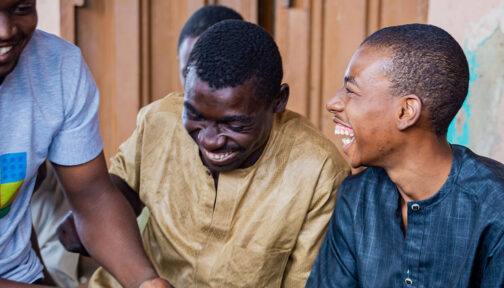
Global Disability Summit 2025: Closing the gap between disability inclusion and development
Inclusive Futures is attending the summit in Berlin on 2-3 April. Visit our booth or attend our panel event to connect with us and learn more about our programme insights.
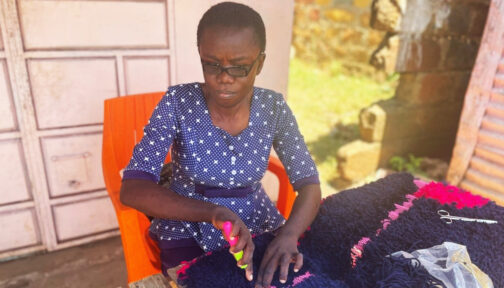
Sense International wins prestigious Zero Project award for its work with entrepreneurs with disabilities
Sense International has won a 2025 Zero Project Award for empowering individuals with deafblindness and complex disabilities in Kenya to build successful businesses and achieve financial independence.
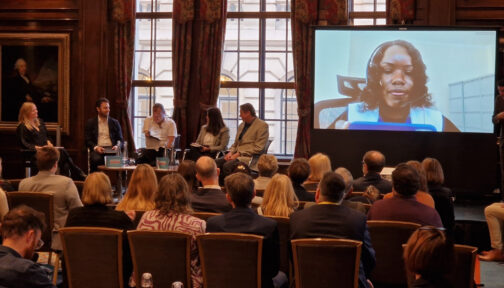
Driving change: launching the six principles for inclusive development
Inclusive Futures and the UK Foreign, Commonwealth & Development Office marked International Day of People with Disabilities by jointly hosting an event to launch the six principles for inclusive development.
Sign up to Inclusive Futures emails today
Sign up to Inclusive Futures emails today
Want to hear more from Inclusive Futures? Sign up to receive the latest research from our programmes and resources to help make your work inclusive of people with disabilities.
For more information see our privacy policy
